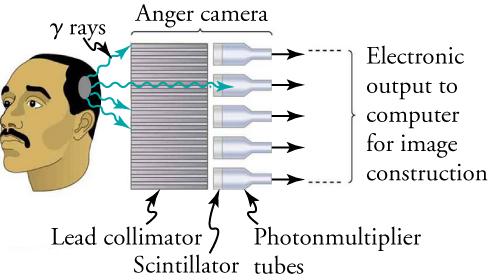Health Physicist
Are you interested in learning more about radiation? Are you curious about studying radiation dosage levels and ensuring the safety of the environment and people that are most closely affected by it? If so, you may be interested in becoming a health physicist.
The field of health physics draws from a variety of science disciplines with the central aim of mitigating radiation concerns. Those that work as health physicists have a diverse array of potential jobs available to them, including those in research, industry, education, environmental protection, and governmental regulation. Furthermore, while the term health physicist may lead many to think of the medical field, there are plenty of applications within the military, industrial, and energy fields as well.
As a researcher, a health physicist can further environmental studies on the effects of radiation, design instruments for more accurate measurements, and assist in establishing valuable radiation standards. Within the energy field, a health physicsist often acts as a manager, closely tied to all operations at all levels, from procuring appropriate equipment to monitoring health data. Within industry, the health physicist acts as a consultant, assisting industry management in important decisions, designing facilities, and choosing appropriate detection tools. The health physicist possesses a unique knowledge base that allows him or her to operate in a wide variety of interesting disciplines!
To become a health physicist, it is necessary to have a background in the physical sciences. Understanding the fields of biology, physiology, biochemistry, and genetics are all important as well. The ability to analyze and solve new problems is critical, and a natural aptitude for science and mathematics will assist in the continued necessary training. There are two possible certifications for health physicists: from the American Board of Health Physicists (ABHP) and the National Registry of Radiation Protection Technologists (NRRPT).





